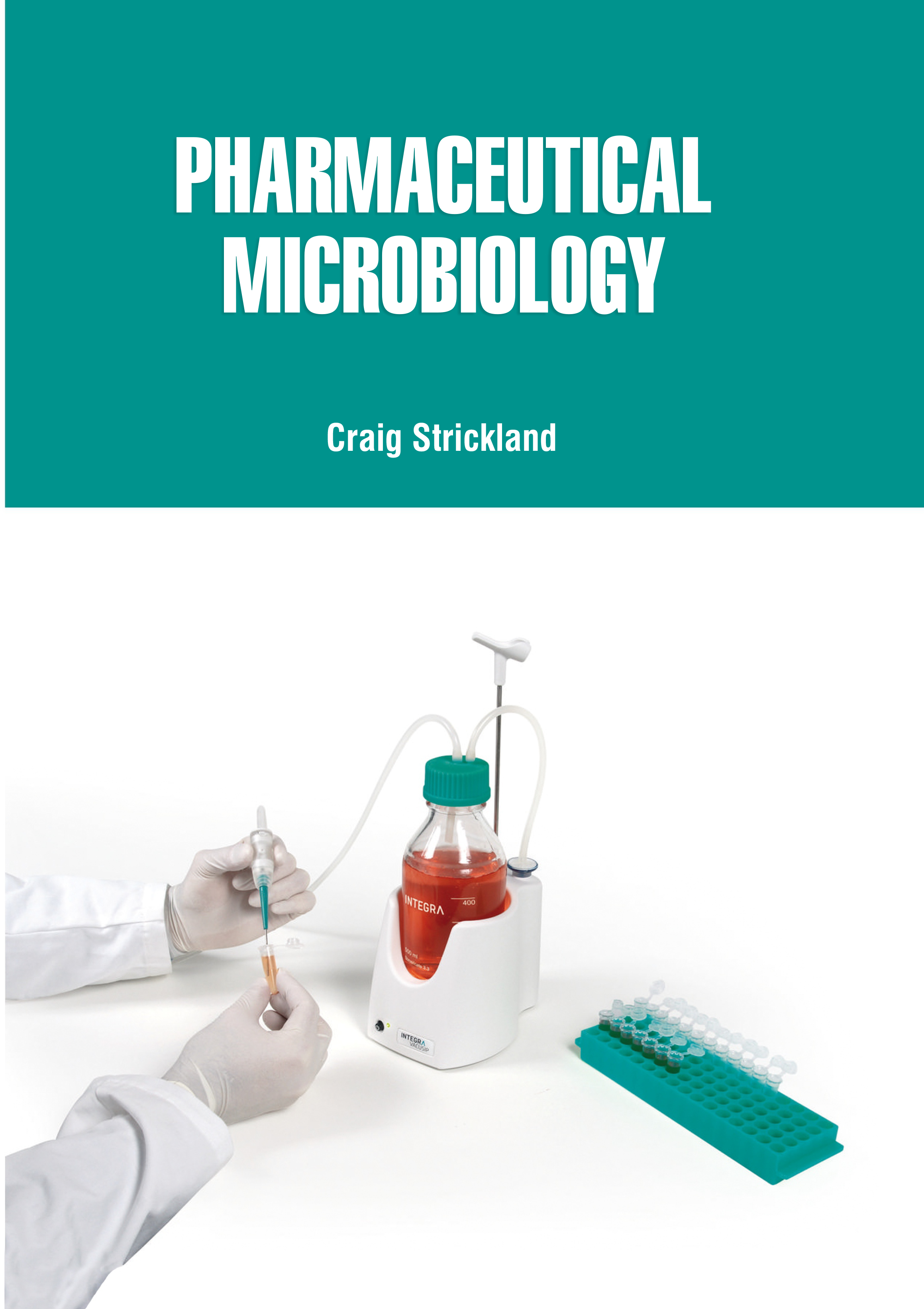
Pharmaceutical Microbiology
by Craig Strickland
| ISBN | 9789372425468 |
|---|---|
| Publisher | Digital Drive Learning |
| Copyright Year | 2026 |
| Price | $261.00 |

by Craig Strickland
| ISBN | 9789372425468 |
|---|---|
| Publisher | Digital Drive Learning |
| Copyright Year | 2026 |
| Price | $261.00 |
Health care products derived from microbial biosynthesis are antibiotics, hormones, vitamins, and vaccines. Pharmaceutical microbiologists have several tricks to increase the amount of the chosen end product. Use of industrial fermentation processes begin with microbial cells acting as living factories. Pharmaceutical microbiology is the application of microbiology to pharmaceutical and healthcare environments. It is an applied branch of microbiology which recognizes that the extremely wide variety of microorganisms in the environment is fertile with potentials, some for utility and others for hazard. Areas of utility include the fermentation of suitable substrate for the production of drugs, food supplements, and industrial solvents, as well as the development of the many vaccines that have been so crucial to the improvement in world health. Microbiology besides a traditional discipline in developing fast because of realization of its importance in industry agriculture pharmaceutical concerns public health geological explorations bioenergetics and as a mean to exploit new sources of energy useful for various purposes. Microbiology is a branch of biology dealing with the study of microorganisms that is, organisms that are usually too small to be seen clearly with unaided eye. These organisms include bacteria, viruses, protozoa, many algae and fungi. Some members of these groups, particularly some of the algae and fungi, are larger and quite visible. Two bacteria that are visible without a microscope, Thiomargarita and Epulopiscium, also have been discovered. This book is very important and essential for every pharmacy student because it’s direct connection with pharmaceutical industry, particularly in manufacture of parenteral products, ophthalmic and vaccines etc. and their aseptic processing and sterilization.